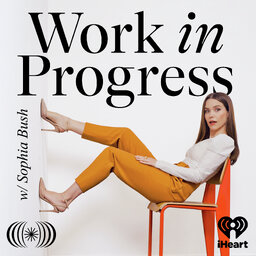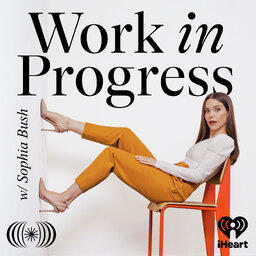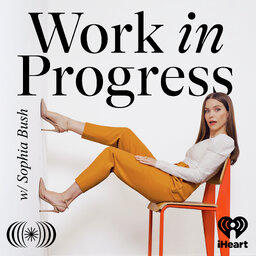Lisa Ling is an award-winning journalist and the host of CNN’s "This is Life." She joins Sophia to discuss everything from growing up in California with immigrant parents, to her career - sharing an office with Anderson Cooper at Channel One News and working as a field correspondent for “The Oprah Winfrey Show,” to the dangers of porn, and why travel has been the best education that she’s ever received. Executive Producers: Sophia Bush & Sim Sarna Supervising Producer: Allison Bresnick Associate Producer: Caitlin Lee Editor: Josh Windisch Music written by Jack Garratt and produced by Mark Foster Artwork by Kimi Selfridge. This show is brought to you by Brilliant Anatomy.
In 1 playlist(s)
Work in Progress with Sophia Bush
Work in Progress with Sophia Bush features frank, funny, personal, professional, and sometimes even …Social links
Follow podcast
Recent clips

Work in Progress: Jeannie Mai
55:24

Work in Progress: Mika Brzezinski
1:01:11

Work In Progress: Sophia answers fan questions
23:52
 Work in Progress with Sophia Bush
Work in Progress with Sophia Bush